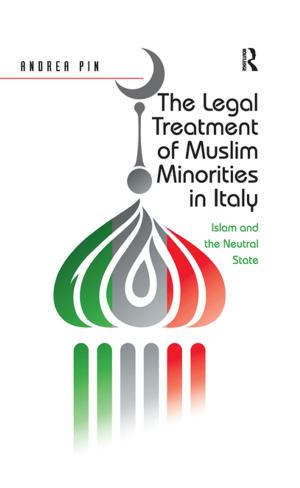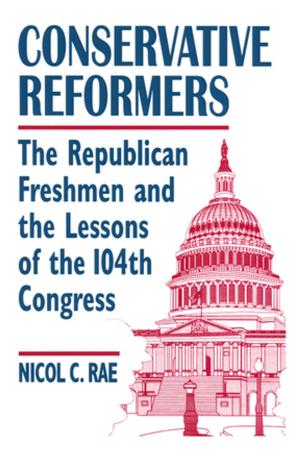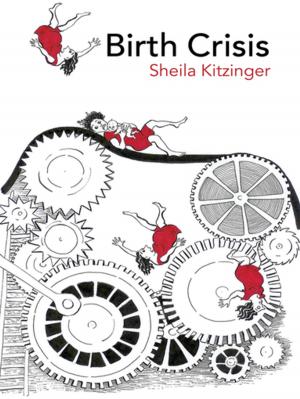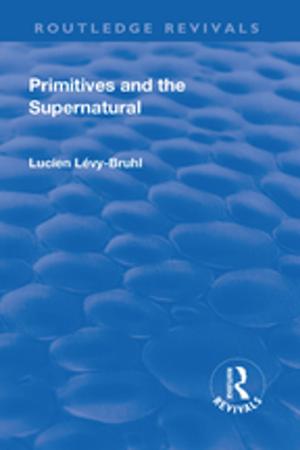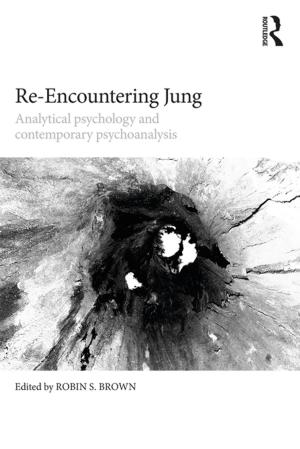| Author: | Elizabeth Pender | ISBN: | 9781351515948 |
| Publisher: | Taylor and Francis | Publication: | July 28, 2017 |
| Imprint: | Routledge | Language: | English |
| Author: | Elizabeth Pender |
| ISBN: | 9781351515948 |
| Publisher: | Taylor and Francis |
| Publication: | July 28, 2017 |
| Imprint: | Routledge |
| Language: | English |
Heraclides of Pontus hailed from the shores of the Black Sea. He studied with Aristotle in Plato's Academy, and became a respected member of that school. During Plato's third trip to Sicily, Heraclides served as head of the Academy and was almost elected its head on the death of Speusippus.Heraclides' interests were diverse. He wrote on the movements of the planets and the basic matter of the universe. He adopted a materialistic theory of soul, which he considered immortal and subject to reincarnation. He discussed pleasure, and like Aristotle, he commented on the Homeric poems. In addition, he concerned himself with religion, music and medical issues. None of Heraclides' works have survived intact, but in antiquity his dialogues were much admired and often pillaged for sententiae and the like.The contributions presented here comment on Heraclides' life and thought. They include La Tradizione Papirologica di Eraclide Pontico by Tiziano Dorandi, Heraclides' Intellectual Context by Jorgen Mejer, and Heraclides of Pontus and the Philosophical Dialogue by Matthew Fox. There is also discussion of Heraclides' understanding of pleasure and of the human soul: Heraclides on Pleasure by Eckart Schutrumpf and Heraclides on the Soul and Its Ancient Readers by Inna Kupreeva. In addition, there are essays that address Heraclides' physics and astronomical theories: Unjointed Masses: A Note on Heraclides Physical Theory by Robert W. Sharples; Heliocentrism in or out of Heraclides by Paul T. Keyser, The Reception of Heraclides' Theory of the Rotation of the Earth from Posidonius to Simplicius: Texts, Contexts and Continuities by Robert B. Todd and Alan C. Bowen, and Heraclides of Pontus on the Motions of Venus and Mercury by Alan C. Bowen and Robert B. Todd. Finally, there are essays that view Heraclides from the stand point of ancient medicine, literary criticism and musical theory: Heraclides on Diseases and on the Woman Who Did Not Breathe by
Heraclides of Pontus hailed from the shores of the Black Sea. He studied with Aristotle in Plato's Academy, and became a respected member of that school. During Plato's third trip to Sicily, Heraclides served as head of the Academy and was almost elected its head on the death of Speusippus.Heraclides' interests were diverse. He wrote on the movements of the planets and the basic matter of the universe. He adopted a materialistic theory of soul, which he considered immortal and subject to reincarnation. He discussed pleasure, and like Aristotle, he commented on the Homeric poems. In addition, he concerned himself with religion, music and medical issues. None of Heraclides' works have survived intact, but in antiquity his dialogues were much admired and often pillaged for sententiae and the like.The contributions presented here comment on Heraclides' life and thought. They include La Tradizione Papirologica di Eraclide Pontico by Tiziano Dorandi, Heraclides' Intellectual Context by Jorgen Mejer, and Heraclides of Pontus and the Philosophical Dialogue by Matthew Fox. There is also discussion of Heraclides' understanding of pleasure and of the human soul: Heraclides on Pleasure by Eckart Schutrumpf and Heraclides on the Soul and Its Ancient Readers by Inna Kupreeva. In addition, there are essays that address Heraclides' physics and astronomical theories: Unjointed Masses: A Note on Heraclides Physical Theory by Robert W. Sharples; Heliocentrism in or out of Heraclides by Paul T. Keyser, The Reception of Heraclides' Theory of the Rotation of the Earth from Posidonius to Simplicius: Texts, Contexts and Continuities by Robert B. Todd and Alan C. Bowen, and Heraclides of Pontus on the Motions of Venus and Mercury by Alan C. Bowen and Robert B. Todd. Finally, there are essays that view Heraclides from the stand point of ancient medicine, literary criticism and musical theory: Heraclides on Diseases and on the Woman Who Did Not Breathe by

